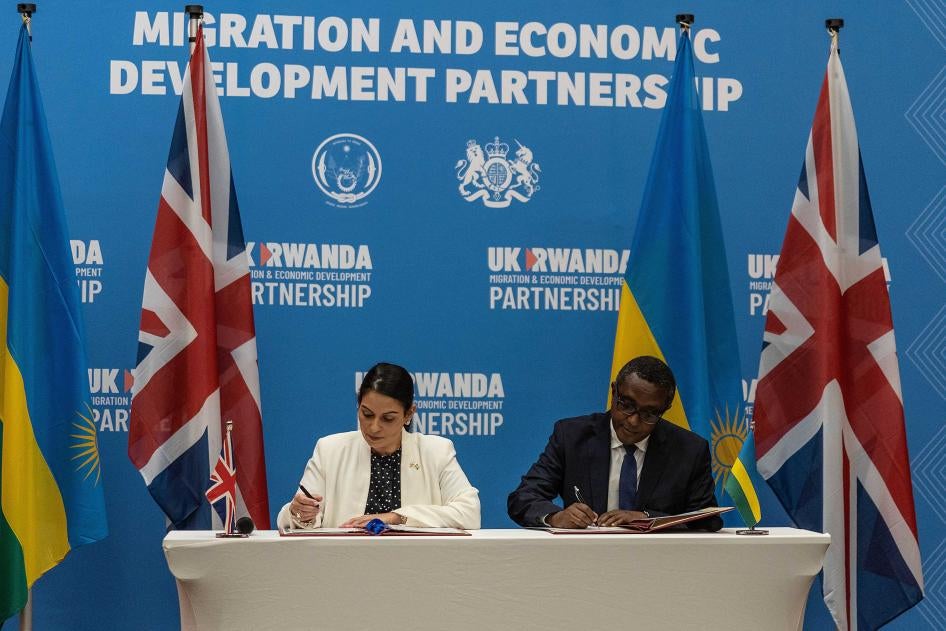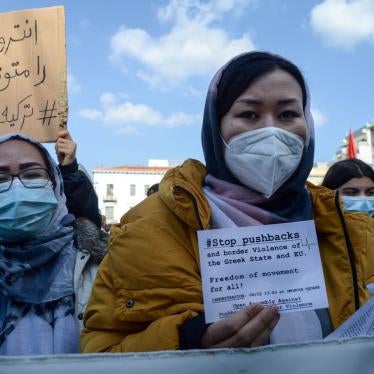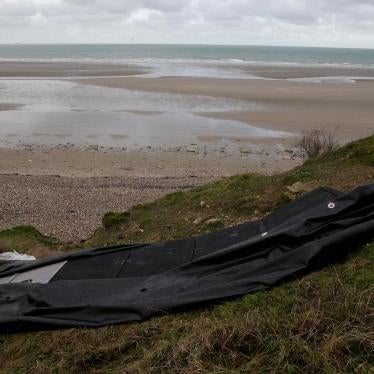Shirking its obligations to persons seeking asylum at its shores, the UK government has today signed an agreement with Rwanda to send asylum seekers crossing the English Channel there.
Under the new Asylum Partnership Arrangement, people arriving in the UK irregularly or who arrived irregularly since January 1, 2022 may be sent to Rwanda on a one-way ticket to have their asylum claim processed and, if recognized as refugees, to be granted refugee status there.
The UK is arguing that offshoring asylum seekers to Rwanda complies with its international legal obligations. However, offshore processing is not only cruel and ineffective, but also very likely to be unlawful. It creates a two-tiered refugee system that discriminates against one group based on their mode of arrival, despite refugee status being grounded solely on the threat of persecution or serious harm and international standards recognizing that asylum seekers are often compelled to cross borders irregularly to seek protection.
We have seen the severe abuses resulting from offshore processing. Australia’s offshore detention regime on Nauru and Manus Island, Papua New Guinea, caused more than eight years of immense human suffering. Twelve people have died since the policy began in 2013. Men, women, and children have suffered inhumane treatment and medical neglect, and years of indefinite detention led to suicides and an epidemic of self-harm. The costs were also exorbitant. Detaining a single asylum seeker on Papua New Guinea or Nauru cost around AUD $3.4 million (GBP£1.8 million) annually.
Furthermore, Rwanda’s appalling human rights record is well documented. In 2018, Rwandan security forces shot dead at least 12 refugees from the Democratic Republic of Congo when they protested a cut to food rations. Authorities then arrested and prosecuted over 60 of them on charges including rebellion and “spreading false information with intent to create a hostile international opinion against the Rwandan state.” Rwanda has a known track record of extrajudicial killings, suspicious deaths in custody, unlawful or arbitrary detention, torture, and abusive prosecutions, particularly targeting critics and dissidents. In fact, the UK directly raised its concerns about respect for human rights with Rwanda, and grants asylum to Rwandans who have fled the country, including four just last year.
At a time when the people of the UK have opened their hearts and homes to Ukrainians, the government is choosing to act with cruelty and rip up their obligations to others fleeing war and persecution.











